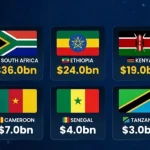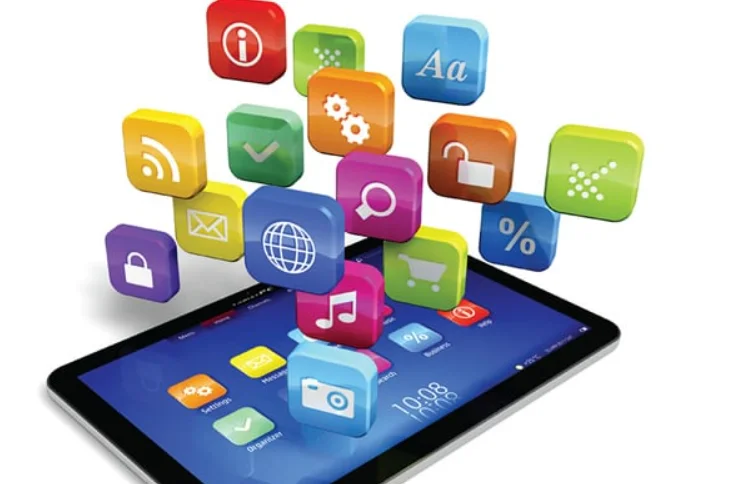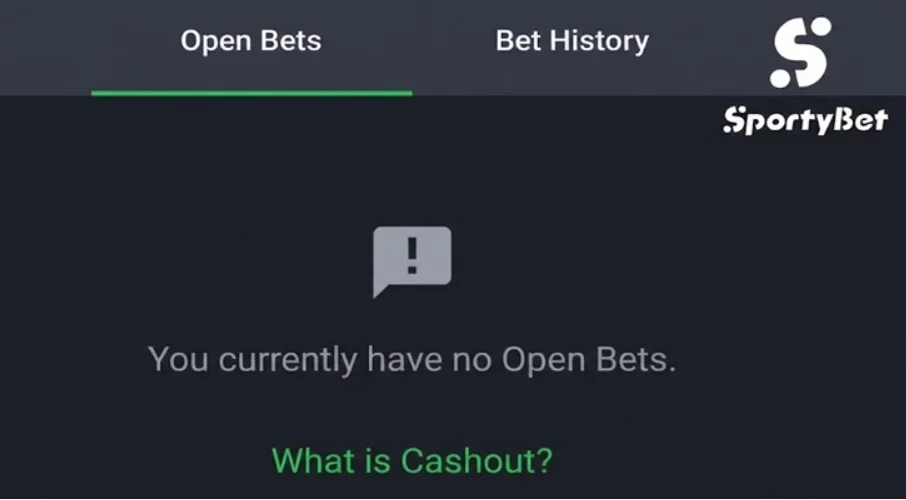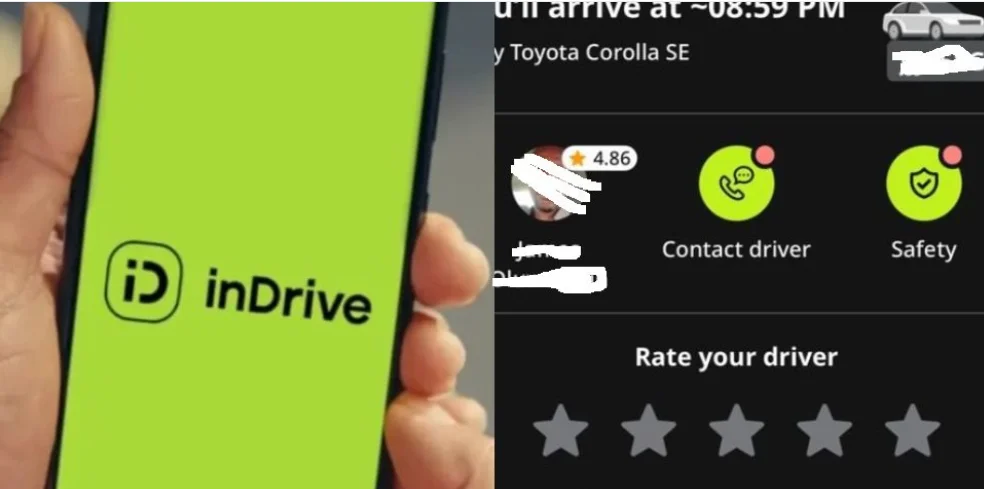The Growing Market for Brainpower Apps
In today’s digital world, there’s an app for almost everything, including those that claim to make you smarter. From brain-training games and meditation tools to learning platforms, the market for intelligence-boosting apps is thriving.
But an important question remains: Do these apps really enhance your brainpower, or are their benefits overstated? Experts and users hold mixed opinions, some see genuine value, while others believe that traditional methods like reading, exercise, and real-world learning remain unmatched.
The Skeptical View: Why Some Experts Doubt Brain-Boosting Apps
Leadership consultant William Leggett warns that while many apps promise mental improvement, research suggests they cannot rival the benefits of reading, exercise, or problem-solving.
He points out that screens themselves can weaken focus. The constant flood of new information delivers quick dopamine hits but reduces sustained attention and concentration. “True mental sharpness,” Leggett explains, “comes from engaging with demanding tasks that stretch the brain—not from digital shortcuts.”
His view aligns with multiple studies linking excessive screen time to shorter attention spans, reinforcing the idea that real-world engagement remains the key to long-term brain health.
The Physical-Mental Connection: Smarter Living Through Health
For technology thinker Alex Lightman, intelligence is both mental and physical. He argues that becoming smarter involves improving the “hardware” (the brain) and optimizing the “software” (your habits and mindset).
Citing Dr. Daniel Amen’s research, Lightman notes that obesity reduces brain mass, by 8% in obese individuals and 4% in those overweight.
“The first way to get smarter,” he says, “is to reach minimal healthy body fat levels and then engage in neurogenic processes.”
While apps may support this process through tools like fitness tracking or guided meditation, Lightman emphasizes that physical health and lifestyle discipline remain the foundation of sharper intelligence.
Real-World Learning Still Reigns Supreme
Programmer Lennie Richardson takes a more practical stance: “Ironically, the answer is ‘all of them and none of them.’ If you put your phone down and go read a book, draw a picture, or talk to people different from you, you’ll automatically get smarter.”
For Richardson, knowledge is cumulative and contextual. Apps may assist, but real-world experiences, conversations, creativity, and curiosity, lead to deeper learning. “If you’re looking for a shortcut,” he adds, “nobody can help you find one.”
Digital Tools That Actually Help: Learning and Exploration Apps
While skeptics raise valid concerns, some digital platforms truly foster growth when used purposefully.
At Tyson Foods, Scott Dean describes Wikipedia as “the most powerful free resource available.” However, he stresses that its effectiveness depends on active engagement.
“You already know the best website, Wikipedia. But how you use it makes the difference,” Dean advises. He suggests studying difficult subjects, cross-checking sources, and writing about what you learn to strengthen comprehension and critical thinking.
Similarly, writer Kwasi Baako praises YouTube as “an international university” with lessons on almost every subject. He also highlights Quora as a community for serious discussions and authentic knowledge sharing.
Apps That Enhance Focus, Health, and Creativity
Author Nela Canovic recommends specific apps for structured self-improvement:
- Headspace – A meditation app that improves focus, concentration, and calmness in just a few minutes daily.
- Goodreads – Perfect for book lovers who want to discover new reads, track progress, and connect with readers worldwide.
- Podcasts (via Downcast, Stitcher, or Apple Podcasts) – Great for learning on the go. Canovic suggests listening to educational or skill-based shows while commuting, cleaning, or exercising.
- Runtastic – A fitness tracking app that monitors steps, calories, and distance to help users maintain physical fitness—vital for optimal brain performance.
“Your brain needs oxygen, rest, and regular exercise,” Canovic explains. “By monitoring your activity, you can see where to improve and make steady progress.”
The Limits of Learning Apps for Kids
Instructional designer Kathleen Listman adds a balanced view: apps can support children’s learning, especially in subjects like vocabulary or math, but their benefits are limited. “They only offer practice,” she says. True learning, she emphasizes, requires active thought and real-world engagement.
Conclusion: The Balanced Path to a Sharper Mind
The debate over brainpower-boosting apps reveals one clear truth: while digital tools can support learning, focus, and fitness, they cannot replace discipline, curiosity, and human connection.
From Headspace to Goodreads and Wikipedia, the best apps are those that complement, not substitute, traditional methods of growth. Ultimately, sharper thinking comes from a balanced mix of technology, health, and lifelong learning.
















